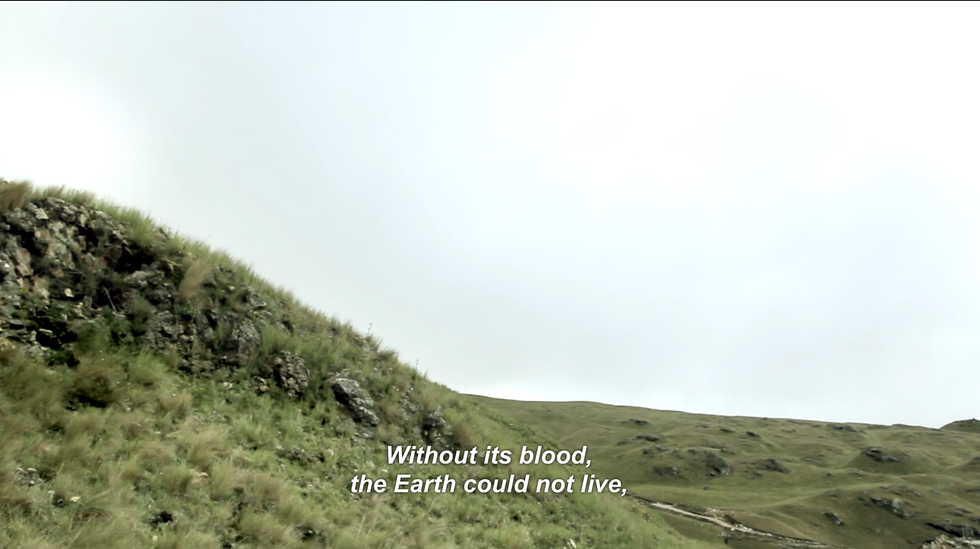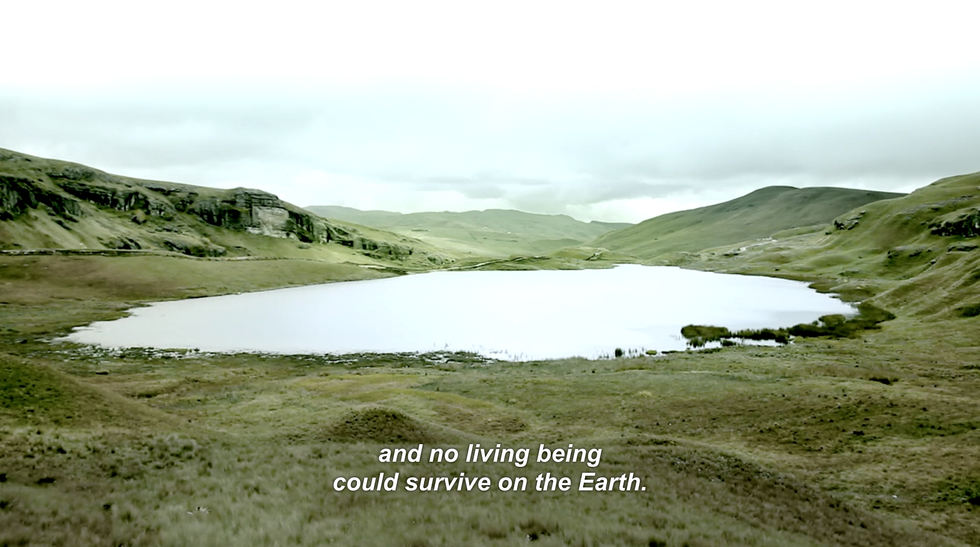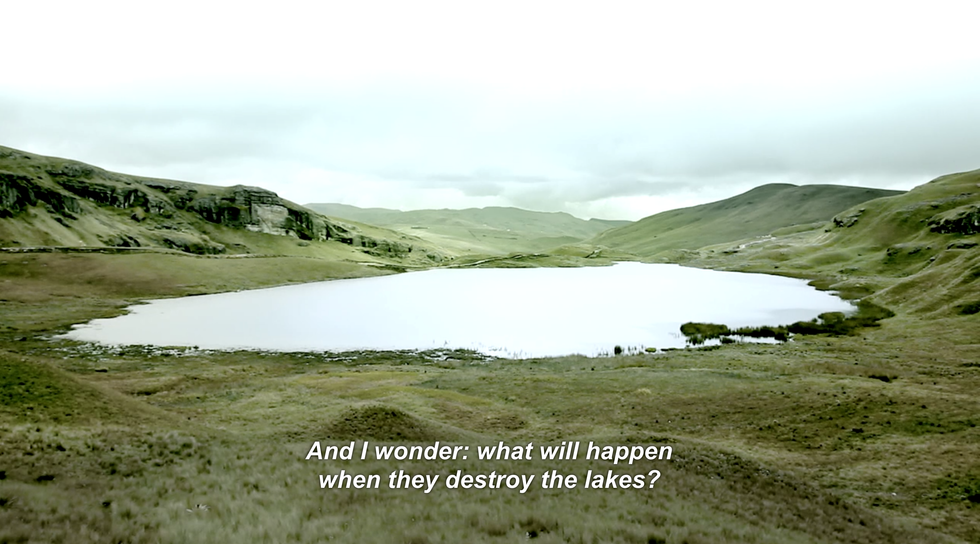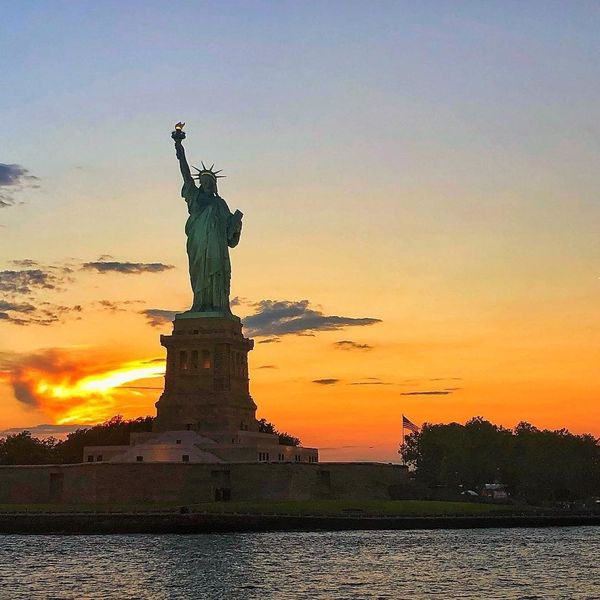Until I applied for a job working on a documentary for one of my university's professors, I never had much interest in this genre. There were maybe two documentaries in my overflowing Netflix queue, and they were consistently passed over in favor of flashy TV shows.
Not until I decided I should actually, you know, WATCH a documentary before I was interviewed to work on one did I finally venture into Netflix's documentary library. And while there, I found not only a new and sincere passion for documentaries, but a movie that simply cannot be overlooked.
Hija de la Laguna (or Daughter of the Lake) follows Nelida, an Andean woman training to become a lawyer, despite hating the overcrowded and industrialized city that she must attend classes in. She far prefers to be with her family, on their lush, green land. As she visits them, the thought that she has to return to school brings her to tears. So why is she making this sacrifice?
Simply put, there's too much at stake.
Countless citizens of Peru and Bolivia live on top of valuable mineral resources, mineable gold that corporations are eager to extract. Even when it's proven they have no legal rights to do so, these corporations will stop at nothing to kick villagers off their land.
They take advantage of the villagers' illiteracy, threaten them using force and firepower, and show no regard for the way mining turns the picturesque and fruitful fields into a barren wasteland devoid of flora, fauna, and most of all, water.
First Flint, Michigan, and now Cape Town, South Africa. Media headlines about towns running out of water are nothing new. But the roles that systemic racism and classism play in this issue cannot be ignored. In Cape Town, Black people have been dealing with the lack of water for far longer than the rich white citizens whose swimming pools are filled to the top.
But what about the stories that are never picked up by corporate media, the countless similar instances ignored and overlooked simply because they don't take place in America or involve white people?
That's where Hija de la Laguna comes in. Providing a much-needed voice to the oppressed, this documentary sheds light on the plight of Bolivian and Chilean natives, empowering them through Nelida's poignant narration as she mourns the loss of her beloved lake.
When the location switches from Nelida and her fellow villagers to a high-end jewelry store in Amsterdam, the unsettling juxtaposition between ravaged land and ravishing gold lanyards is no mistake. Instead, it forces you to both examine your own privilege and reconsider your responsibility in ensuring that your products are sustainably sourced—just as the featured jeweler must confront her own complicity in destroying a community halfway around the world.
There's no doubt in my mind that this documentary should be required viewing. Revealing the horrific treatment and even killings of villagers who want only to remain on their land, this documentary may seem bleak at first glance.
But please, don't pass it over in favor of bingeable comedy shows. Even when faced with the most unjust circumstances, the Andean villagers still manage to organize together, fighting the horrors of global capitalism to the best of their ability.
Look closer, and you'll see a thread of hope running throughout the entire documentary: the incredible resistance, resilience, and strength that Nelida and her fellow villagers exhibit as they risk their lives to defend their life's source.






















